You open up your phone and pull up Ticketmaster, preparing to purchase tickets for your favorite singer’s world tour. Despite joining the queue the second the clock hits 10 a.m., you are astonished to see 10,500 ticket buyers already in front of you. When it’s your turn to buy the tickets, there are none left.
This is a frustrating situation that every frequent concert attender has experienced. From waiting in a queue for hours online, to getting waitlisted for pre-sale access because of a lottery system, concert ticket buying is an arduous ordeal. And the difficulties of being a music-lover does not stop there. Though being a music-lover in 2024 has its perks, the music industry is at an all-time low — and not because of the music itself.
In the past, music artists accumulated most of their money from selling singles and albums on iTunes, and before that, through compact disks (CDs), cassette tapes, and vinyl records. Though collecting vinyl records has recently made a comeback in 2020, CD album sales in the United States have dropped by 95% since peaking in 2000 and are currently at their lowest level since 1986. Vinyl record sales have gone down to about 43.2 million last year, far from the 300+ million record sales sold yearly in the 1970s.
Now, instead of spending $20.00-$40.00 to buy a vinyl record, $10.00 to buy an album on iTunes, and $15.00 for a CD, music listeners simply purchase a $12.00 monthly subscription to a streaming service, where they can access millions of songs across all genres of music.However, music artists only receive $0.003 – $0.005 per stream and must rely on concerts to receive most of their income, raising most concert ticket prices to an average of $123.25 per ticket, a cost that is not affordable for every family.
Additionally, for those looking to purchase tickets for more high-demand tours, concert tickets can be extremely expensive. For popstar Olivia Rodrigo, one ticket for her GUTS world tour can be as expensive as $200.00 excluding taxes and fees, and for beloved superstar Taylor Swift, the average ticket price for Taylor Swift’s Eras Tour is a staggering $1,088.56.
As always, there are numerous factors involved in the inflation of concert ticket prices. Concerts are becoming increasingly popular, both for people to attend and for artists to want to perform. Unfortunately in 2024, it is not uncommon for people to buy concert tickets just because the music artist is extremely popular, instead of purchasing concert tickets for the music artists they truly love and know. This can take away tickets from real fans, who know other songs outside of the most popular ones. For example, on singer-songwriter Lizzy McAlpine’s “Older” tour, a large crowd would leave after hearing her viral TikTok hit “ceilings”, despite the song being far from the final song on the setlist. Not only is this disrespectful to the real fans who lost their tickets to these concert-goers, but it is also disrespectful to the music artist.
This kind of disrespectful concert behavior is becoming more and more prevalent. In addition to people leaving concerts early, behaviors like screeching every lyric, throwing things onstage, screaming at the artist, blocking others’ views with posters, and flash photography are also becoming increasingly common after the pandemic.
Instead of singing along to the music artist at a reasonable volume, concert-goers have reported people screeching to every lyric, to the point where other people next to them cannot hear the artist sing at all. Even worse, the health of music artists has become at risk. Bebe Rexha received stitches after she was hit in the face with a phone in New York, Harry Styles was hit in the eye with a piece of candy in Vienna, Austria, Pink was left stunned when someone threw their mother’s ashes on stage in London, England, and singer Ava Max was slapped mid-song by a concert-goer in Los Angeles, California. The situation has gotten out of hand and concert-goers must consider the enjoyment and safety of others, including the music artists, rather than just themselves.
Another flaw in the industry is that both singers and their fans have become too obsessed with the music charts. While music charts are a great way to rank the popularity of songs, just because a song is the most listened-to song on the music charts does not mean it is necessarily the best song.
In recent events, Swift has faced major controversy as fans have accused the singer of blocking other artists from the number-one spot with her latest album The Tortured Poets Department on music charts, such as the U.K. Official Charts and Billboard 200 Chart. The singer is said to have released 37 different versions of the album since its original release date on April 19, 2024. All of these releases were said to be during “convenient” times to block artists like Charli XCX and Bon Jovi on the U.K. Official Charts, and Billie Eilish with her album Hit Me Hard and Soft on the Billboard 200 Chart to maintain her album as the #1 album across both charts.
To reduce toxicity in the music industry and encourage a more balanced and fair representation of artists’ work, it is crucial for both singers and their fans to shift their focus away from solely relying on music charts as the ultimate measure of success.
While every industry of work has its flaws, the music industry has a long list that has been growing after the pandemic. People should support smaller artists and refrain from attending concerts just because of the music artist’s popularity, and at concerts, respect the artist and the people around them. We as a society must be more conscious about the behavior we exhibit towards concerts and music charts.

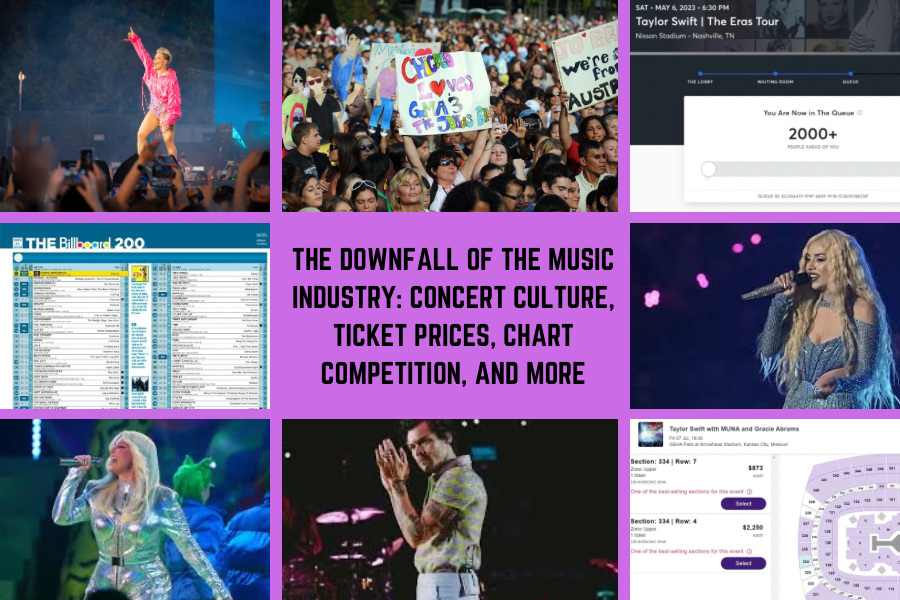
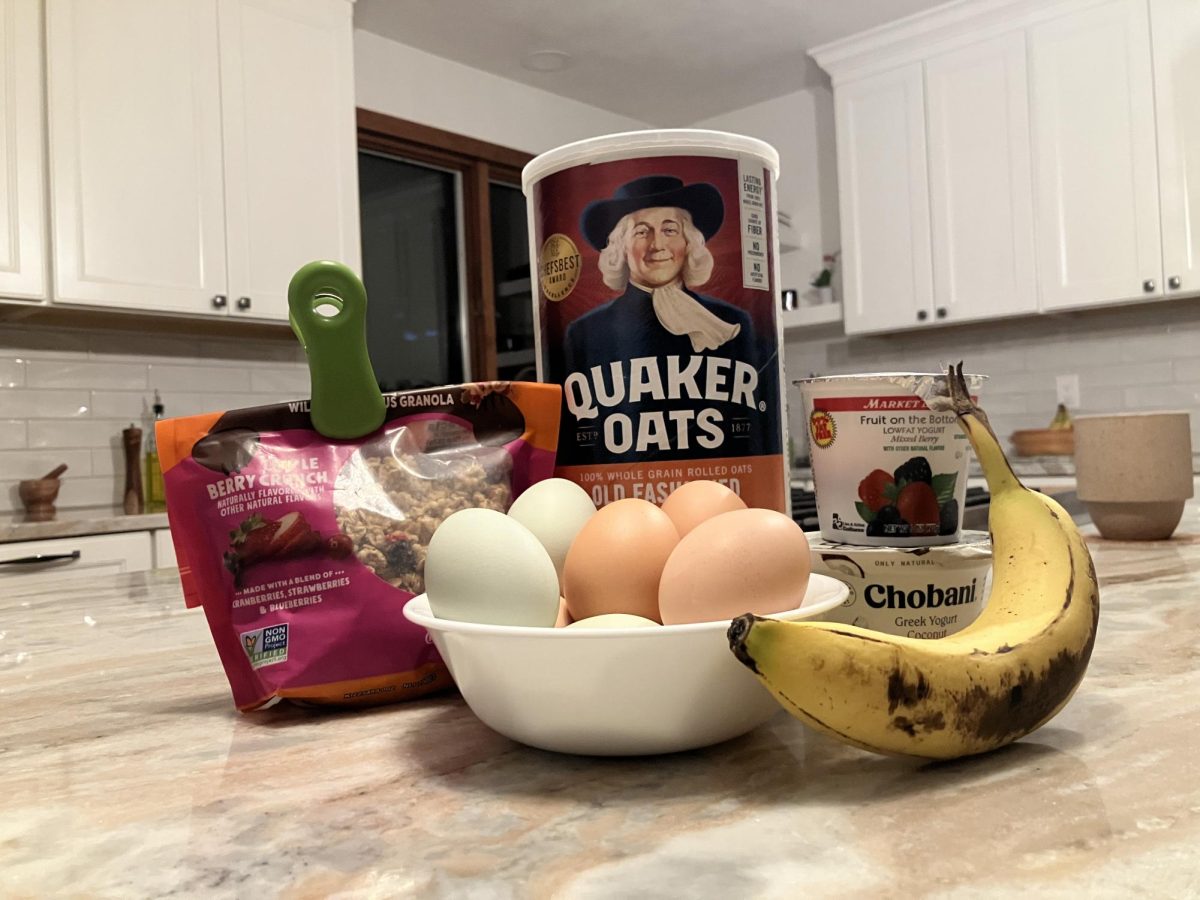
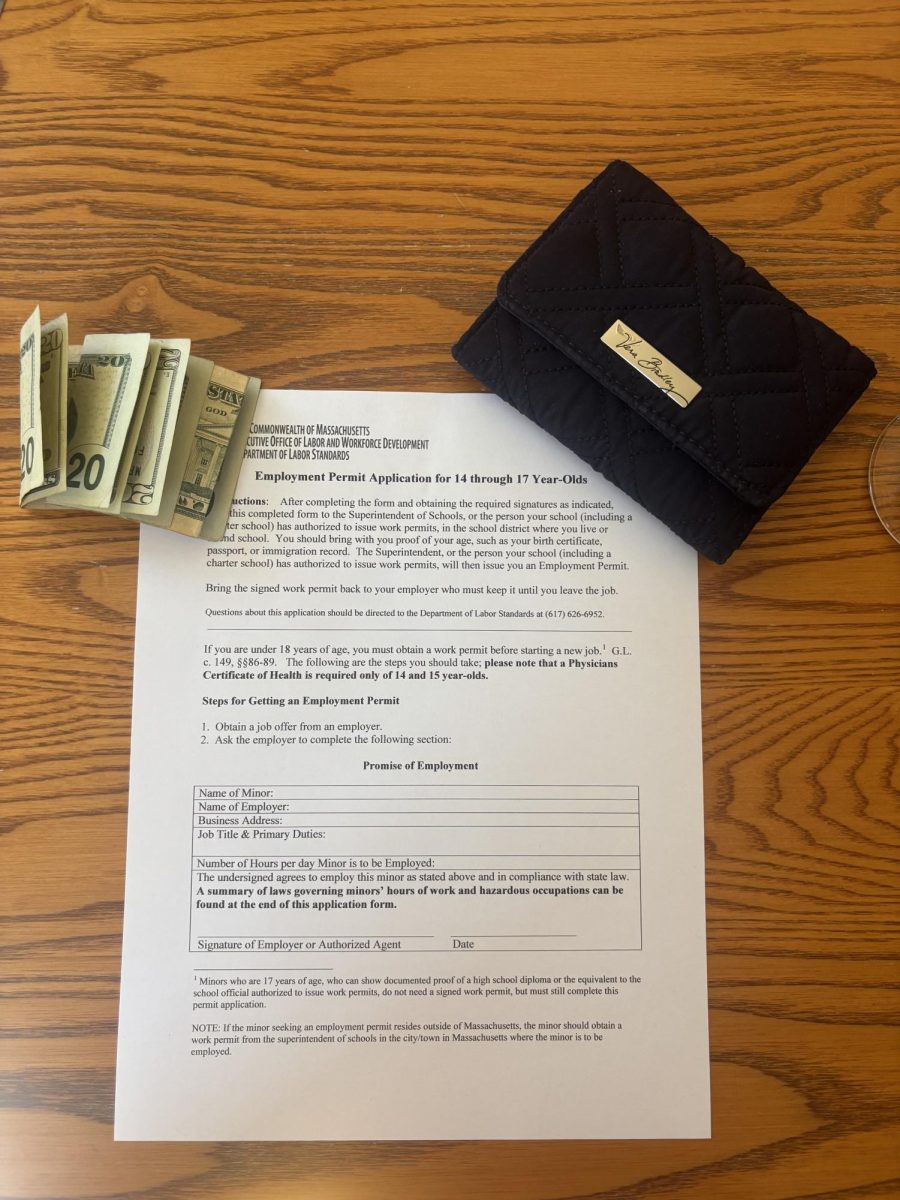
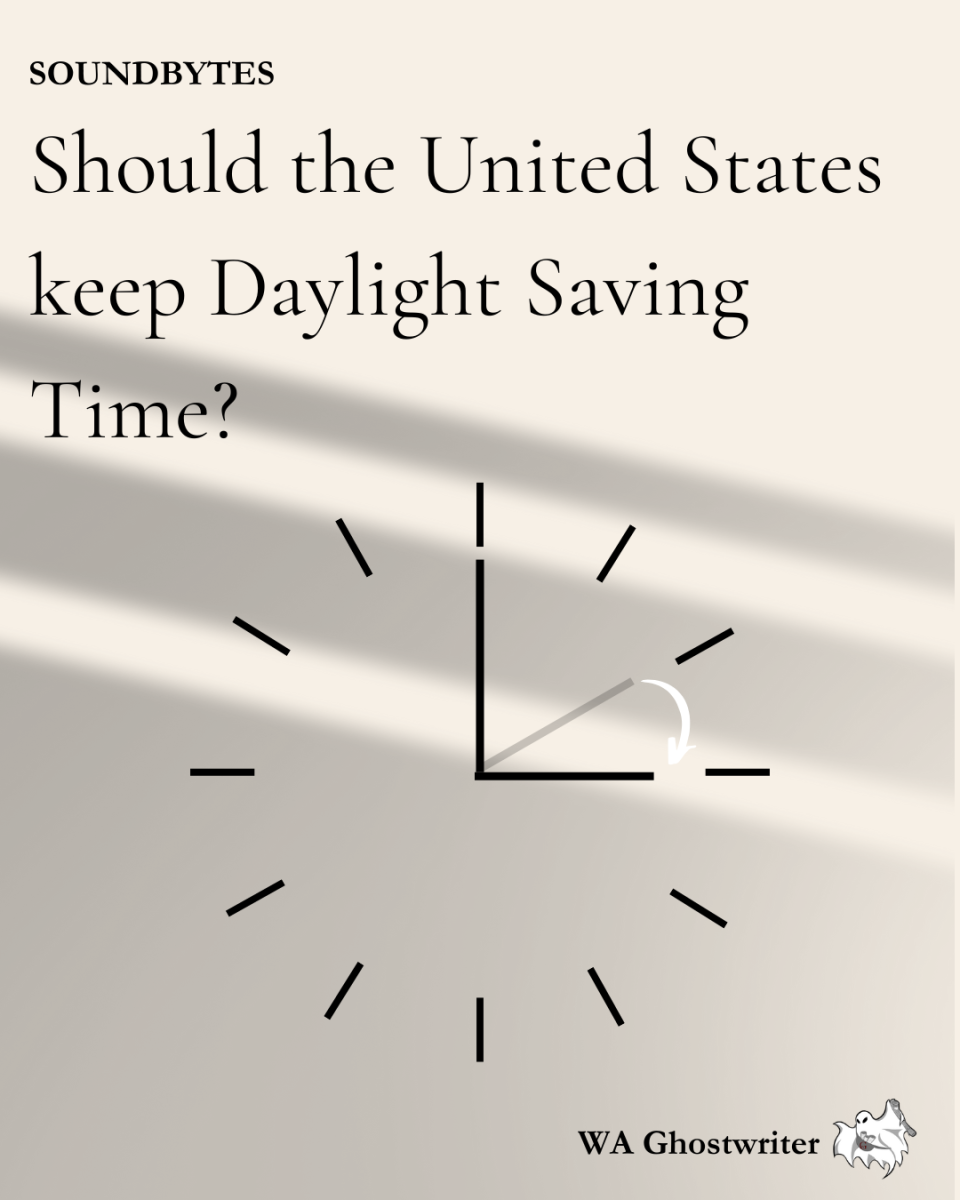
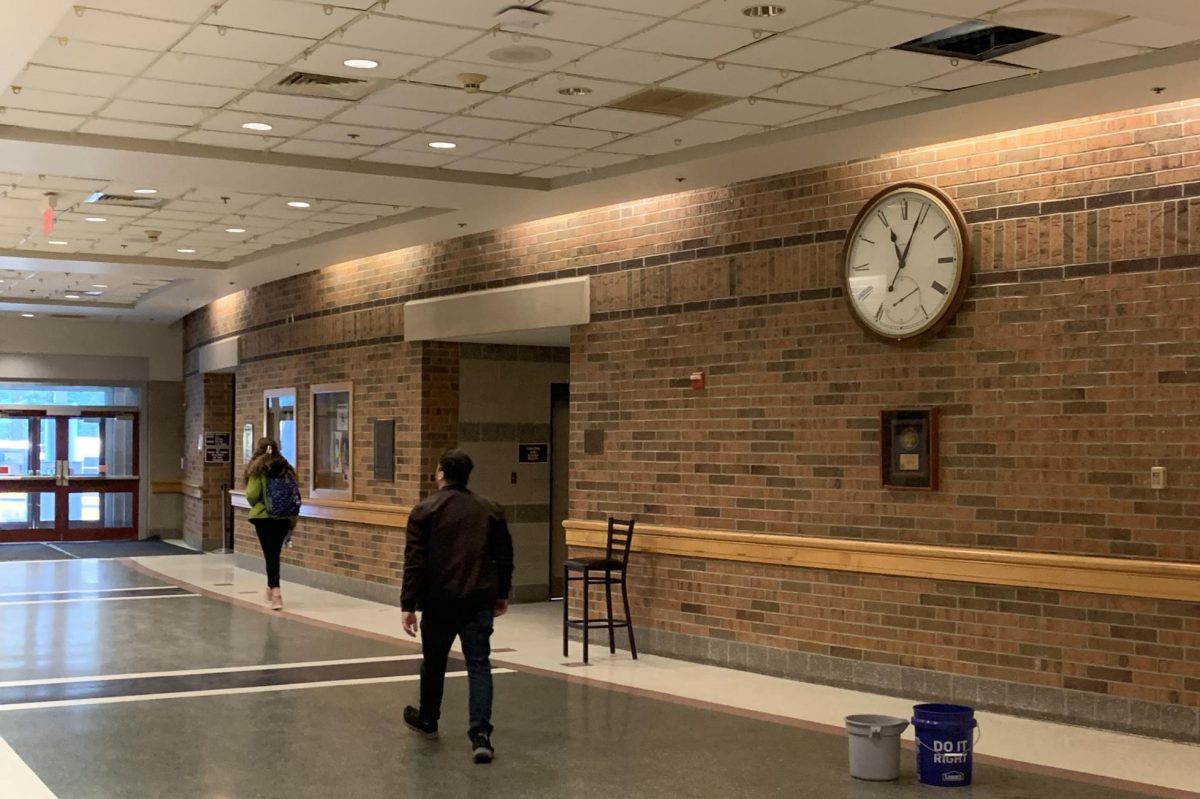
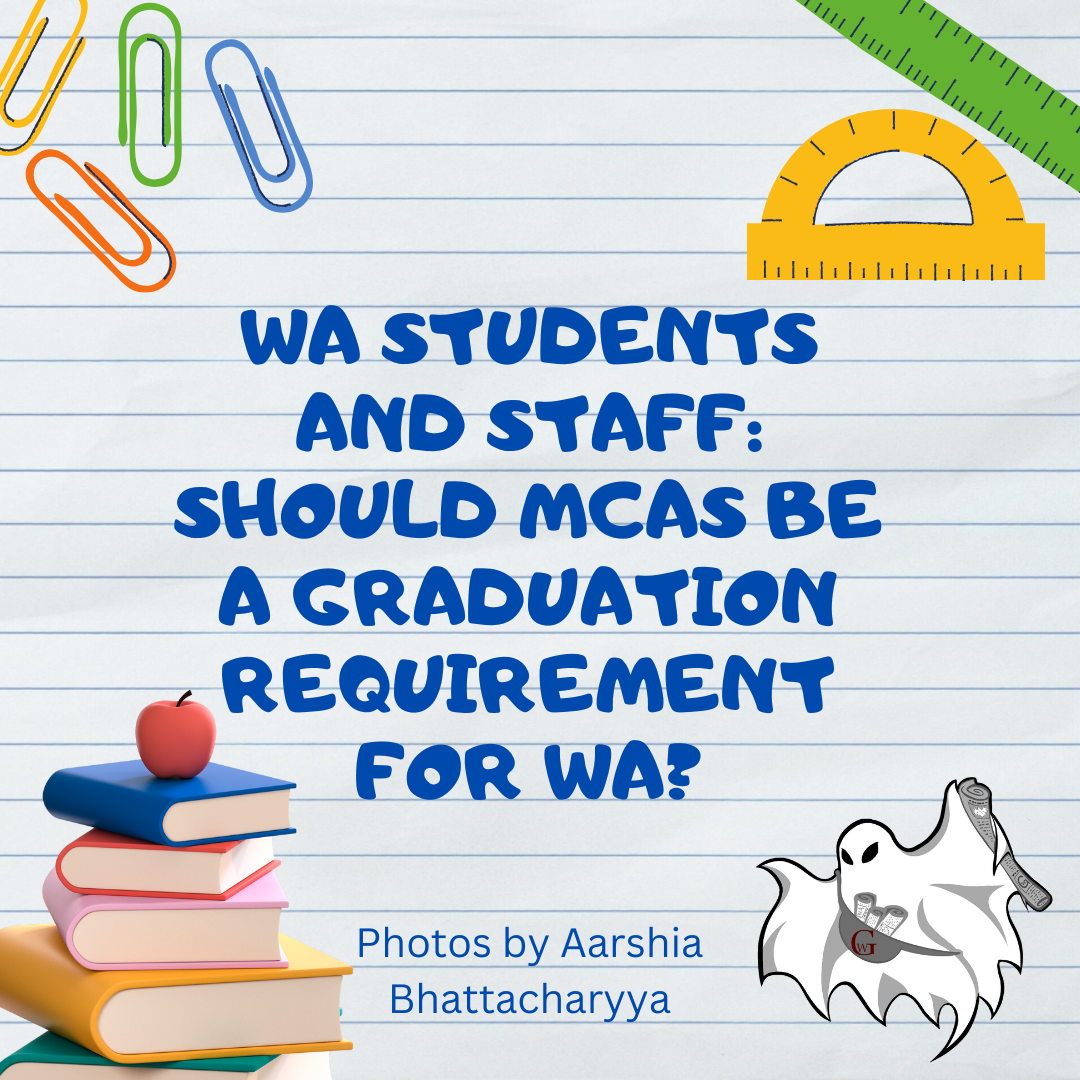


Aarshia Bhattacharyya • Aug 1, 2024 at 2:00 pm
facts concert tickets shouldn’t be this expensive